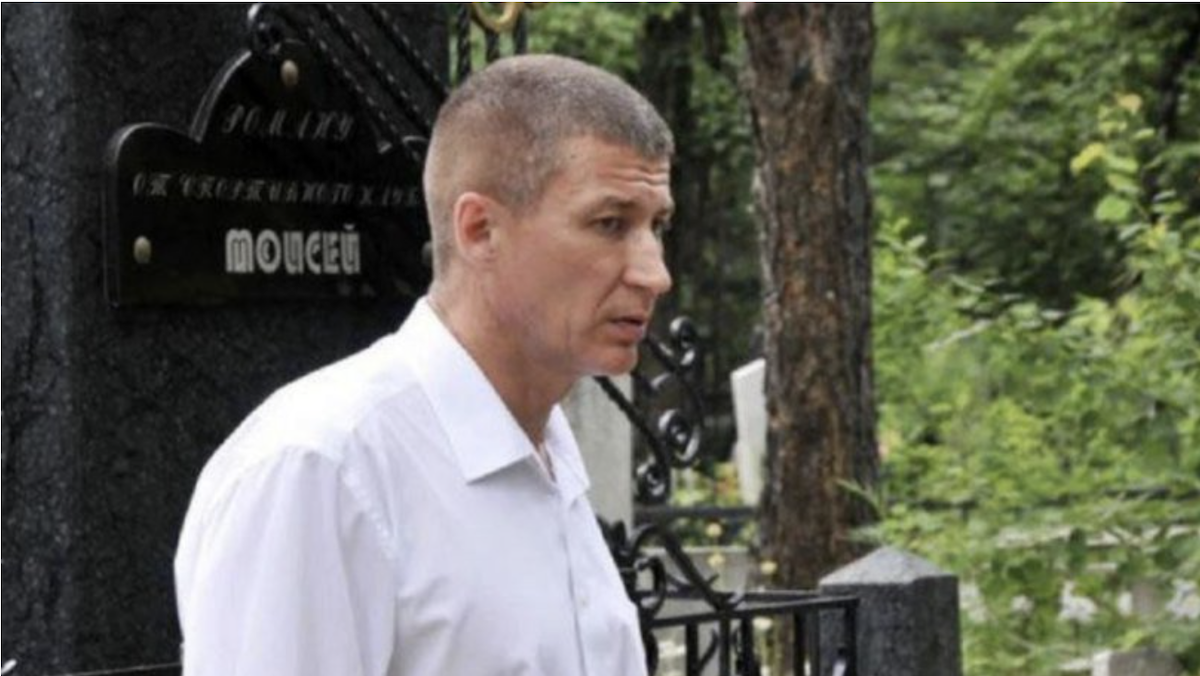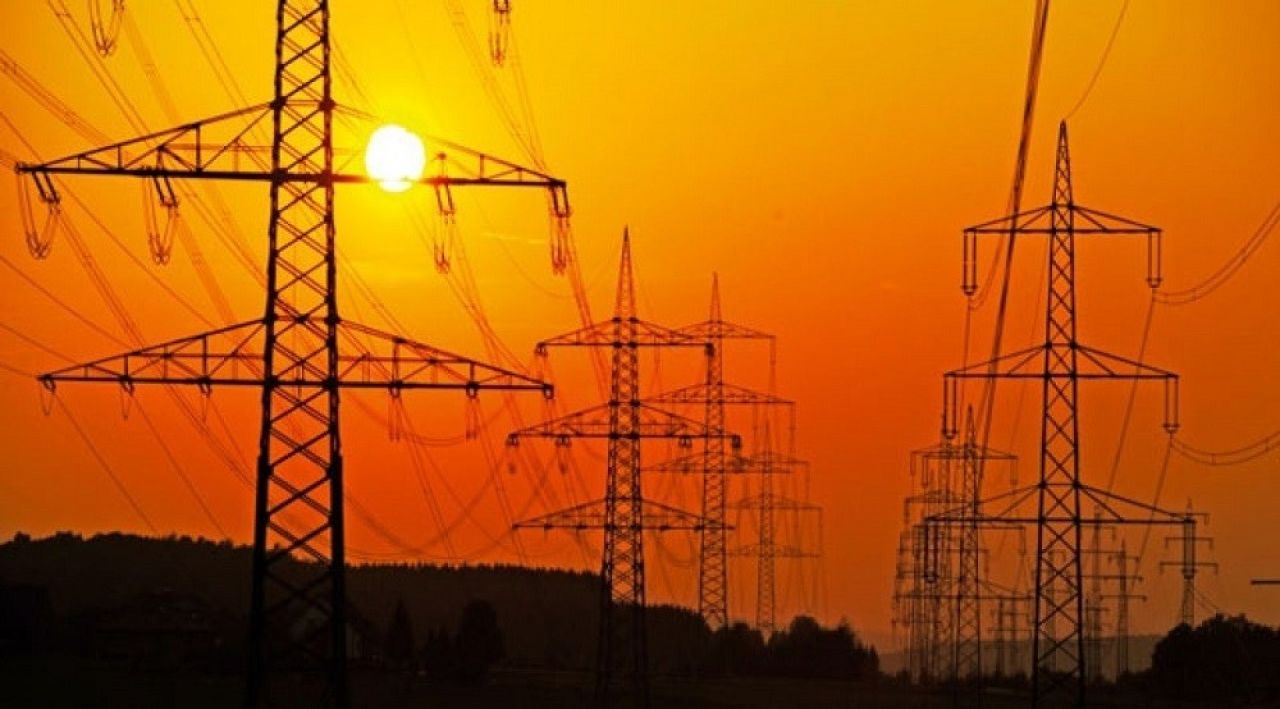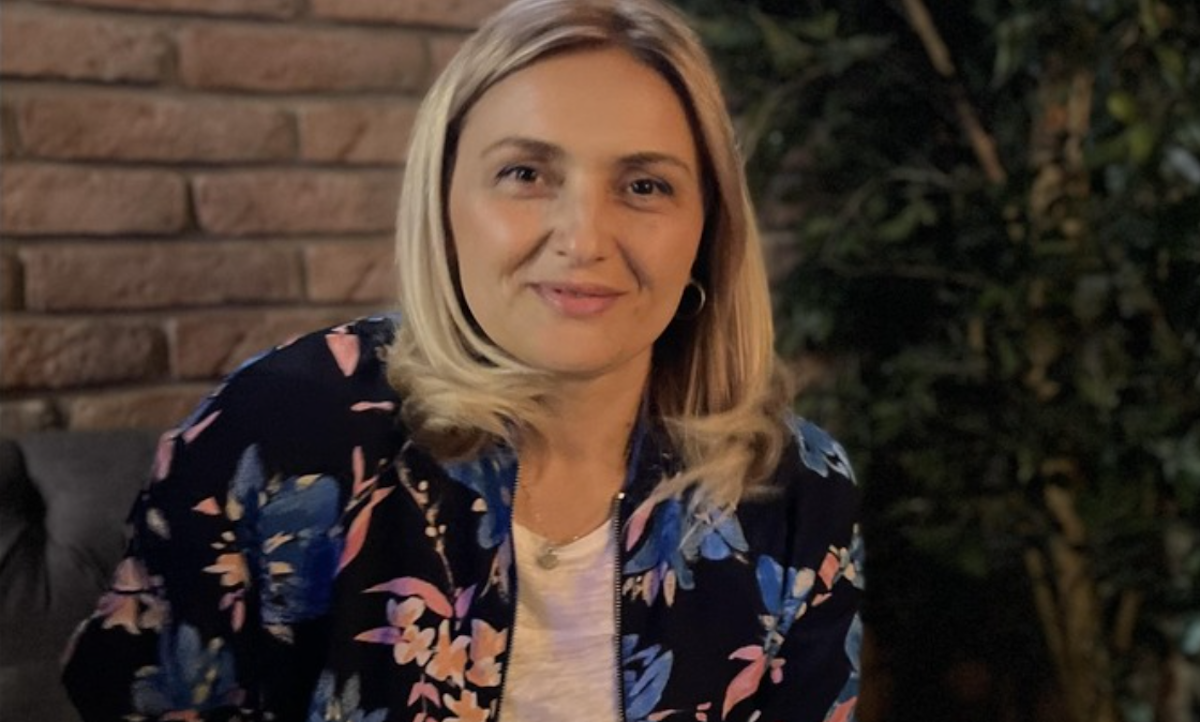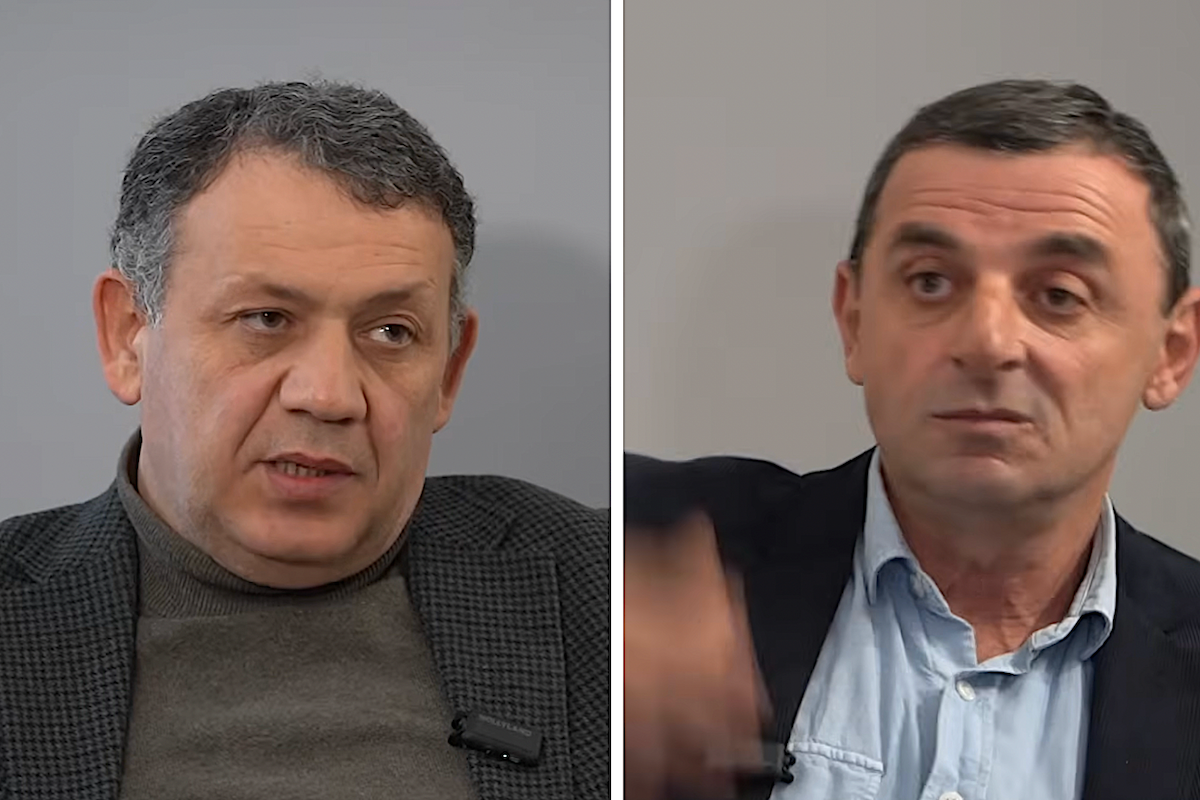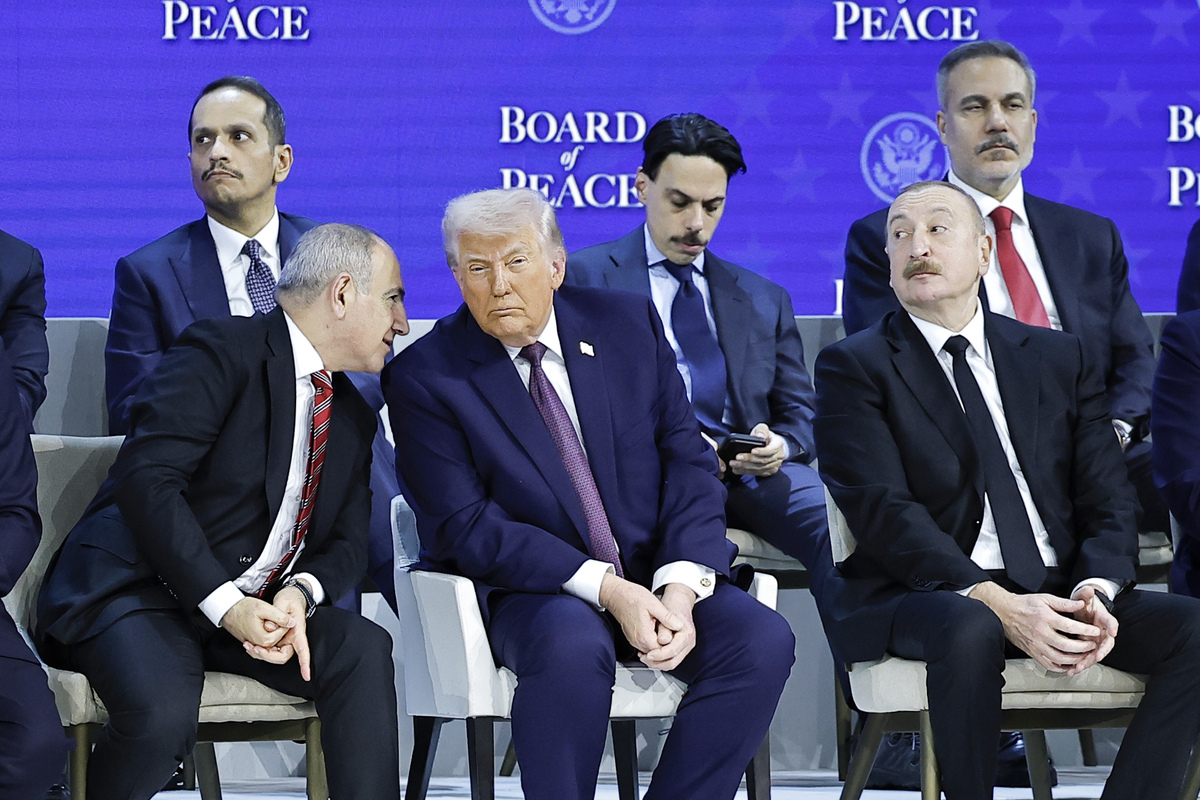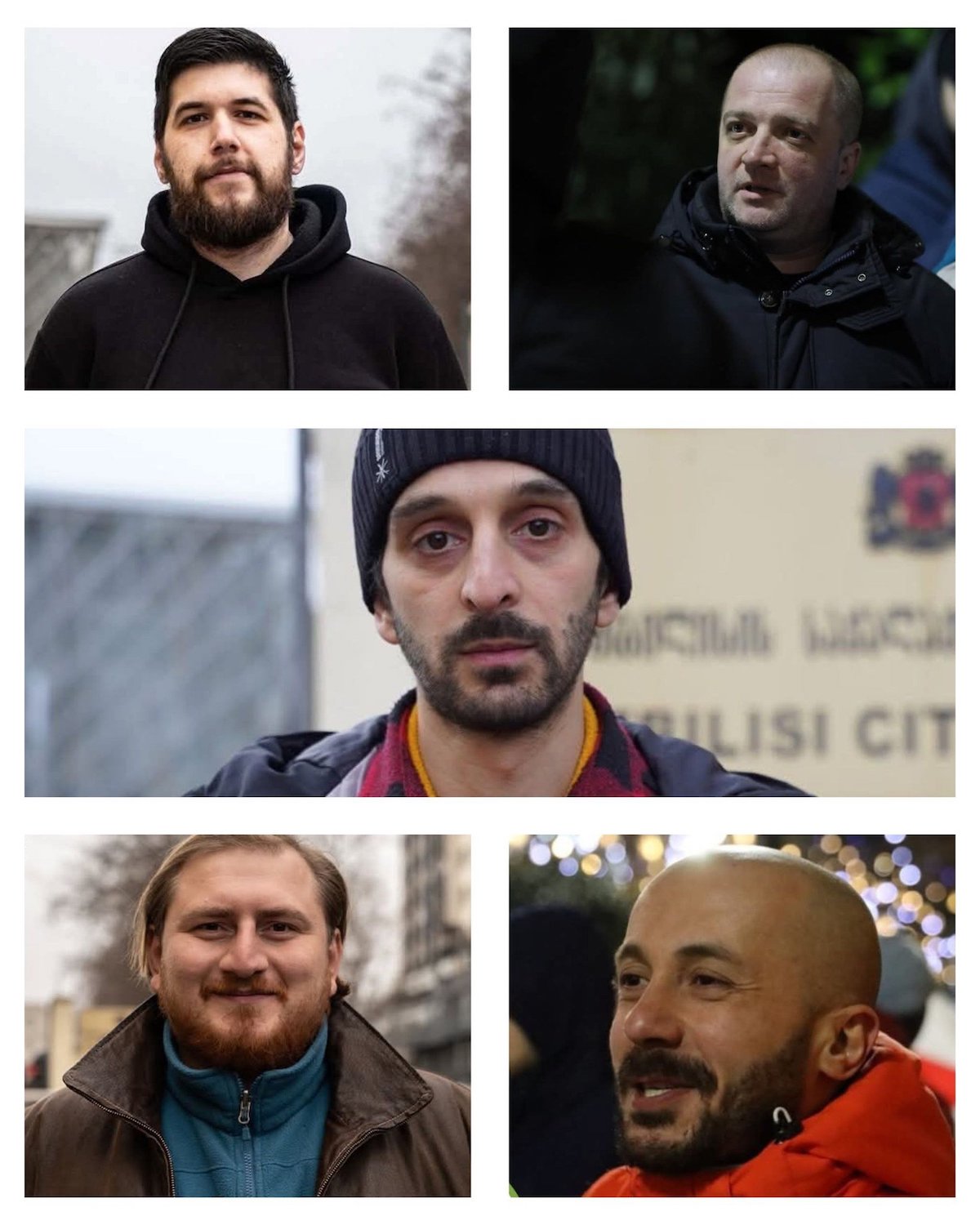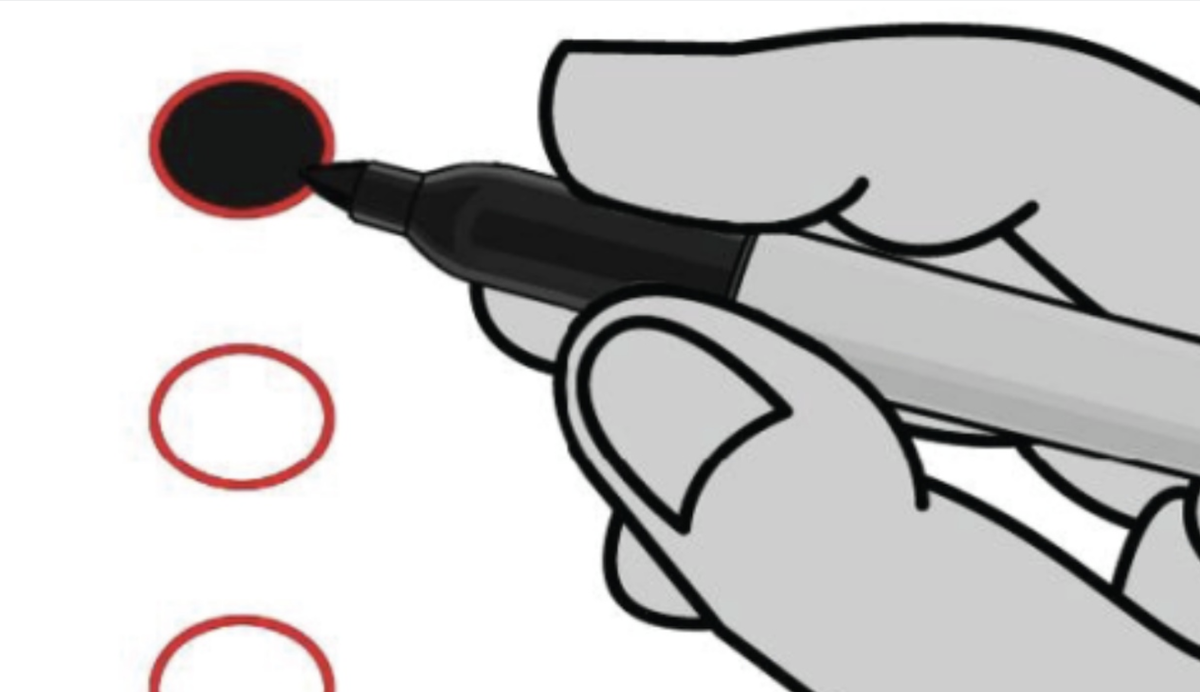What’s behind Syria’s decision to recognise the independence of Abkhazia and South Ossetia?
Photo: Vladimir Valishvili
Two events took place on 29 May: Syria recognised the independence of Abkhazia and South Ossetia, and Georgia announced that it was severing ties with the Syrian Arab Republic.
On the websites of the South Ossetian Ministry of Foreign Affairs and the president of Abkhazia, a message was published announcing the bilateral recognition and establishment of diplomatic ties with Syria.
At a special briefing in Tbilisi, the Deputy Minister of Foreign Affairs of Georgia David Dondua said that Russia is ‘manipulating’ Damascus and that the decision is a violation of international obligations on respecting the territorial integrity and sovereignty of states and the inviolability of borders.
“Georgia has initiated procedures to break ties with the Syrian Arab Republic,” Dondua announced.
The Georgian Ministry of Foreign Affairs has called on the international community to react to the event and ‘take measures in response to the illegal decision of the Assad regime’.
The ministry has yet to announce just what measures Georgia is expecting from the international community.
Georgian politicians and experts on the events:
European Georgia opposition party leader and expert on international relations, Sergi Kapanadze:
“Russia is the enemy and continues its malicious policies. We need to stop tricking ourselves. No consessions made by Georgia will change anything, nor will the Geneva discussions nor the Karasin-Abashidze talks [held between special representatives of Moscow and Tbilisi -ed] nor letters from the PM of Georgia.”
• The Georgian PM’s letter to the Kremlin and the reaction of Georgian experts
“Russia’s support in the International arena has become a semi-legitimate regime which is not supported by the civilized world. Such regimes will disappear into the past and their recognition of the sovereignty of Abkhazia and South Ossetia will disappear as well.
“What should Georgia do? It must break ties with Syria and strengthen its diplomatic work with states of the Middle East and the countries of the Arab league.”
The former state minister for reconciliation and civic equality Paata Zakareishvili:
Syria has become so dependent on Russia that the authorities of Georgia cannot influence the event, Zakareishvili told Internewspress.
“Russia has worked for quite a while with Syria in order to make it recognise the sovereignty of Abkhazia and South Ossetia. Apparently, Syria failed to withstand the pressure. The fact that it had resisted this step for so long might be a sign there are different camps in regards to this issue in the country. But in the end, having recognised Abkhazia and South Ossetia, Syria has ‘thanked’ Russia for its support.”
Zakareishvili said that it is important for the international community to react in such a way so that other states even discussing the possibility of recognizing Abkhazia and South Ossetia will understand that they would regret such a move.
“Georgia must bring up Syria’s responsibility in the UN and sound the alarm. It is very important now for the Arab states to come out against Syria’s decision and Georgia must work on this. They can act against Russia but Syria is a sovereign state and to completely blame Russia and put all the responsibility [on it] will not work. We must act seriously against Syria.”
Professor of Tbilisi State University and Director of the Institute of Politics, Korneli Kakachia:
Korneli Kakachia told Interpressnews that no other Arab state has recognised the de-facto regimes, but Syria’s decision may bring about a chain reaction in the Arab world.
He also believes that the Ministry of Foreign Affairs of Georgia must become more active to prevent the recognition of Abkhazia and South Ossetia.
“The Ministry of Foreign Affairs should have anticipated Syria’s decision, because the Bashar Assad regime is supported by Russia and is ready to bend to Russia’s will. The ministry will now have to explain why its work has not been satisfactory [in this regard].”










